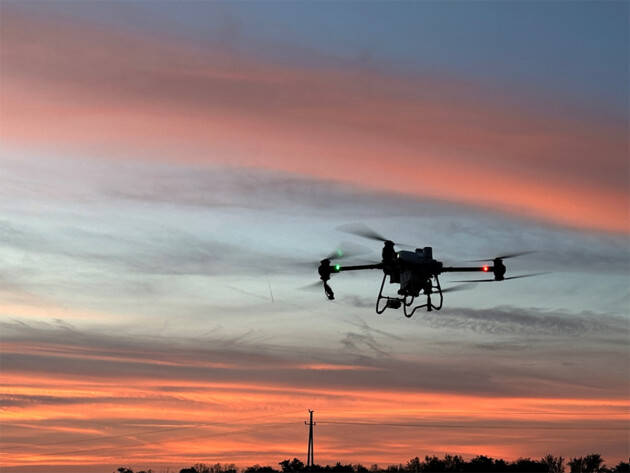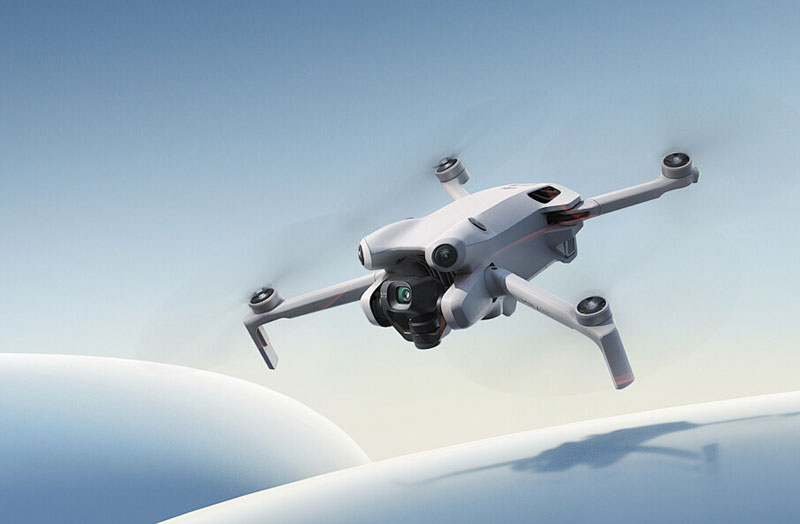Unlock the Potential of Drone Pilot Training
Drones are rapidly transforming various industries, from agriculture to filmmaking, and becoming a licensed pilot opens up numerous opportunities. Comprehensive drone pilot training provides the skills needed to navigate this exciting field. Whether you’re passionate about aerial photography or keen on entering the commercial drone sector, mastering drone operations is essential. This training not only enhances your technical abilities but also ensures compliance with regulations. Exploring the intricacies of unmanned aerial systems is both thrilling and rewarding.
Key Components of Drone Pilot Training
Getting started requires understanding the basics of drone technology and safety protocols. Flight Dynamics: A crucial aspect is learning how to control a drone in various weather conditions, understanding aerodynamic principles, and responding to emergency situations. Regulatory Knowledge: Familiarize yourself with the FAA guidelines, including registration, restrictions, and privacy concerns. Technical Skills: Gain hands-on experience with navigation tools and the latest drone software.
Advanced Techniques for Drone Pilots
Image capturing skills are vital, allowing you to produce sharp and engaging photographs or videos. Understanding camera settings, lighting, and post-production tools is also beneficial. Precision flying, learning to execute complex maneuvers such as changes in speed, altitude, and direction, can set you apart in this growing field. Additionally, GIS mapping skills expand your capabilities, enabling you to work on surveying and research projects.
While mastering flight techniques, it’s equally important to stay updated with emerging technologies and trends. With ever-evolving drone designs, staying informed enhances adaptability and long-term success.
Drone Pilot Certification Process
Achieving certification involves passing an exam that covers regulations, airspace classification, meteorology, and other critical areas. Prep courses are available to guide aspiring pilots through this process, offering practice tests and materials that reinforce learning.
Career Opportunities for Certified Drone Pilots
Upon certification, the pathway to various lucrative careers is opened. Drone pilots are in demand in real estate, wildlife conservation, and event coverage industries. Companies often seek individuals who can demonstrate both technical proficiency and creative problem-solving abilities. Moreover, government and private agencies look for skilled drone operators for tasks such as infrastructure inspection and disaster management.
FAQs
- How long does drone pilot training usually take? The duration can vary, but most courses range from a few weeks to a couple of months, depending on the depth of content covered.
- Is prior aviation experience required to become a drone pilot? No, many training programs cater to beginners. However, having an interest in aviation and technology will be beneficial.
- Can I use drones for commercial purposes after certification? Yes, certification allows you to legally offer commercial drone services, provided all necessary regulations are adhered to.


